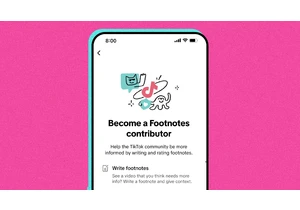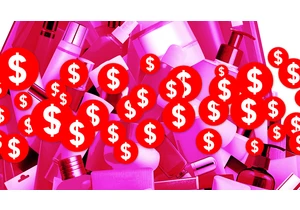Major supply-chain software provider Blue Yonder is working to restore its systems after a ransomware attack hit the Panasonic-owned firm last week. Blue Yonder, which counts Starbucks, major U.K. grocers, and other large retailers among its customers, said it wasn’t sure when it could restore services.
The attack didn’t hit systems run on its public cloud-based platforms. It’s unclear how many of its more than 3,000 customers have been impacted. No group has yet claimed being behind the ransomware attack. It’s also not clear whether customer data was stolen.
“Since learning of the incident, the Blue Yonder team has been working diligently together with external cybersecurity firms to make progress in their recovery process,” the company said in a release. “We have implemented several defensive and forensic protocols.”
Several companies using Blue Yonder’s systems said they’ve put contingency plans in place.
Starbucks said Monday that the attack affected company-owned stores in its network in North America. The chain, which relies on Blue Yonder for its employee payment and scheduling system, has struggled to pay baristas and manage their schedules, so managers have to calculate employees’ pay.
A spokesperson for Morrisons, a large U.K. grocery outlet, told CNN in a statement that it has “reverted to a backup process” but the flow of goods into stores have been impacted in the meantime.
Login to add comment
Other posts in this group

Amid tariff whiplash and the rejuggling of global trade, GE Vernova’s CEO Scott Strazik is finding a way to stay “relentlessly optimistic.” Strazik returns to the Rapid Response podcast to share h

Tesla‘s electric-vehicle registrations in California dropped 15.1% during the first quarter, industry data showed, signaling an

TikTok is launching its own version of community notes on the platform, called “Footnotes.”
The crowd-sourced approach to moderation, where users add additional context to p
MrBeast has again defended his philanthropy‑as‑content, clapping back at critics who say he is “only in it for the views.”
On April 13, in a post on X, Jimmy Donaldson—better k

Meta CEO Mark Zuckerberg once considered separating Instagram from its parent company due to worries about antitrust litigation, a


If you’re planning to see the new Minecraft movie and haven’t heard of the viral “chicken jockey” trend w
